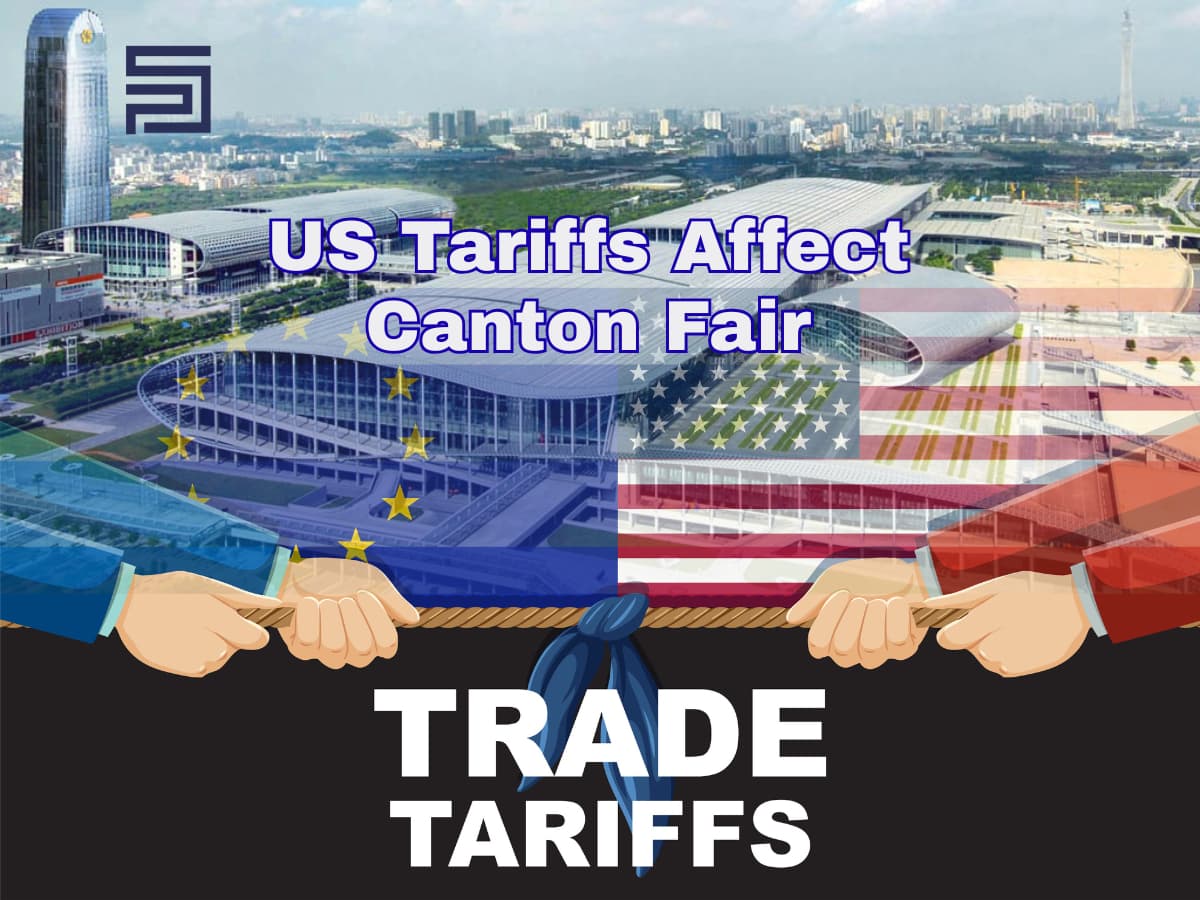With 28.4% of global manufacturing output enabled by low production costs, a large workforce, and strong production quality, China is currently the world's leading manufacturer of consumable products, and by implication, most countries procure goods consumed by their populace from China.
However, the situation is more challenging than it seems for anyone experienced in sourcing and procurement from China. Challenges abound, and for inexperienced buyers, there is the possibility of having poor sourcing and procurement experience or losing money because of the many difficulties involved in supplier sourcing and procurement from China.
Therefore, you should consider the 7 challenges below to source and procure items from China:
1. Supplier Issues:
One of the biggest challenges those interested in procurement from China face is finding the right supplier for their product; this involves finding and verifying suppliers capable of meeting their procurement needs.
Unfortunately, many suppliers, especially on e-commerce platforms, are out to defraud unsuspecting importers, thereby making it challenging to source legitimate and qualified suppliers.
There have also been cases where people ended up with substandard products, and others had their goods delayed because the supplier needed more capacity to meet the expectations of the buyer. Also, beware of fake licenses and permits from fake suppliers to avoid loss.
2. Substandard Products:
China is often associated with manufacturing some subpar quality products, as in so many cases, the reality of the products advertised on e-commerce websites is different from the images shown on the website.
With this reputation, many importers are scared of procuring from China. The solution: for importers buying large quantities of goods, ordering a sample before making a bulky order is advisable.
3. Payment Problem:
The official Chinese currency is RMB, which is not accessible to most people outside China, and most Chinese suppliers want to be paid in their local currency, which affects the sourcing. On the other hand, payment platforms like Alipay and WePay are not accessible to some importers, making procurement difficult.
This situation can be avoided by partnering with a trusted procurement company, which, in most cases, can assist with supplier payment.
4. Communication Problem:
Language barrier breeds communication issues. Most Chinese suppliers are native Mandarin speakers and do not speak English, so communicating with them is a huge problem since most importers do not speak or understand Mandarin.
Though so many translation apps are available now, in some cases, information needs to be more accurate, leading to order mix-ups and other problems. To this effect, working with a procurement agent or company with a good understanding of the Chinese language and the Chinese market is a great way to overcome this problem.
5. Negotiation Problem:
With price negotiation and negotiation of other business conditions like MOQ, delivery time, and payment patterns, Chinese suppliers can be difficult. The language barrier also plays a part in making negotiation with Chinese suppliers difficult.
While some buyers underprice to the extent that product quality is compromised, others overprice to the level that their budget will be jeopardized. While negotiating, it is essential to consider the supplier's need to make a profit, and focusing on low pricing alone can push one into the hands of scammers who will offer low prices for non-existing luxury goods.
6. Loss Of Shipments In Transit:
In as much as industry players are making efforts to ensure that goods get to their destination safely, especially with technologies like tracking and monitoring systems now in vogue, there are still cases of loss of shipment from time to time, and this could be because of poor labelling, inaccurate data, or even mishaps of all kinds.
Therefore, working with shipping companies that offer package insurance will be a safe bet for any business also, building a solid system that can absorb the situation so that clients will be retained and the business's survival will not be on the line.
7. Shipments Delays:
Just as in the case of shipment loss, shipments can sometimes be delayed beyond the Expected Time of Arrival of a shipment and, if not well managed, can be detrimental to the business's survival.
It could result from port congestion, customs clearance issues, worker scarcity, carriers, and disasters. It has recently become commonplace for shipping to take longer than stated while ordering a product. However, constant delays can frustrate customers and kill the companies.
It is essential to educate your clients about the possible occurrence of such a situation so they can manage their expectations and understand when certain situations arise. Updating yourself with industry and global happenings will also give insight into possible concerns and possibly help you have a plan B for that.
Read more on the causes of shipping delays and how to avoid them.
Apart from the issues mentioned above, interested parties to Chinese sourcing and procurement should also take into consideration the possibility of:
- Differences in technical or industrial standards between China and Nigeria,
- Varying import or export restrictions at either end of the transaction,
- Differences in documentation requirements for cross-border processes, which are often complicated,
- Fluctuation of currency exchange rates
- Unstable economic and political climate, which in most cases affects the supply chain.
All these make sourcing and procurement from China difficult, and as a shipper, it is essential always to seek great partnerships to help make things easy, and SARA PROCUREMENT SERVICES LIMITED IS THAT PARTNER YOU NEED.
Visit our physical office space at 3 Fatai Irawo Street, Ajao Estate, Airport Road, Lagos, Nigeria, or any of our warehouse touch point locations worldwide to learn more about us and utilise our services.
Our 247-email correspondence is hello@chinatolagos.com. Contact us today.
We are equally social, and you can find us @SaraProcure on your favourite channels: Twitter, Threads, Facebook, and Instagram.
.png)





Comments
Please log in to leave a comment.